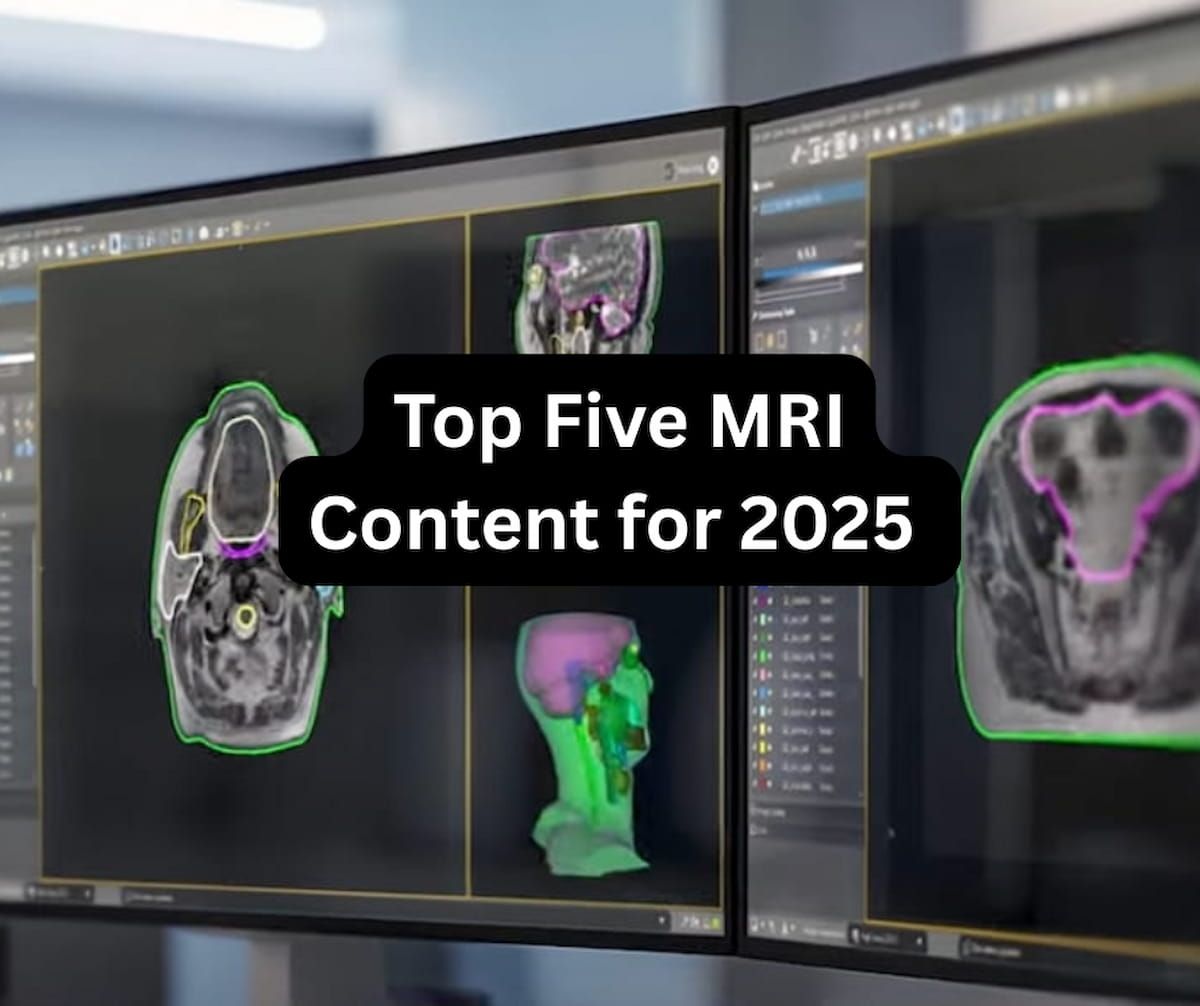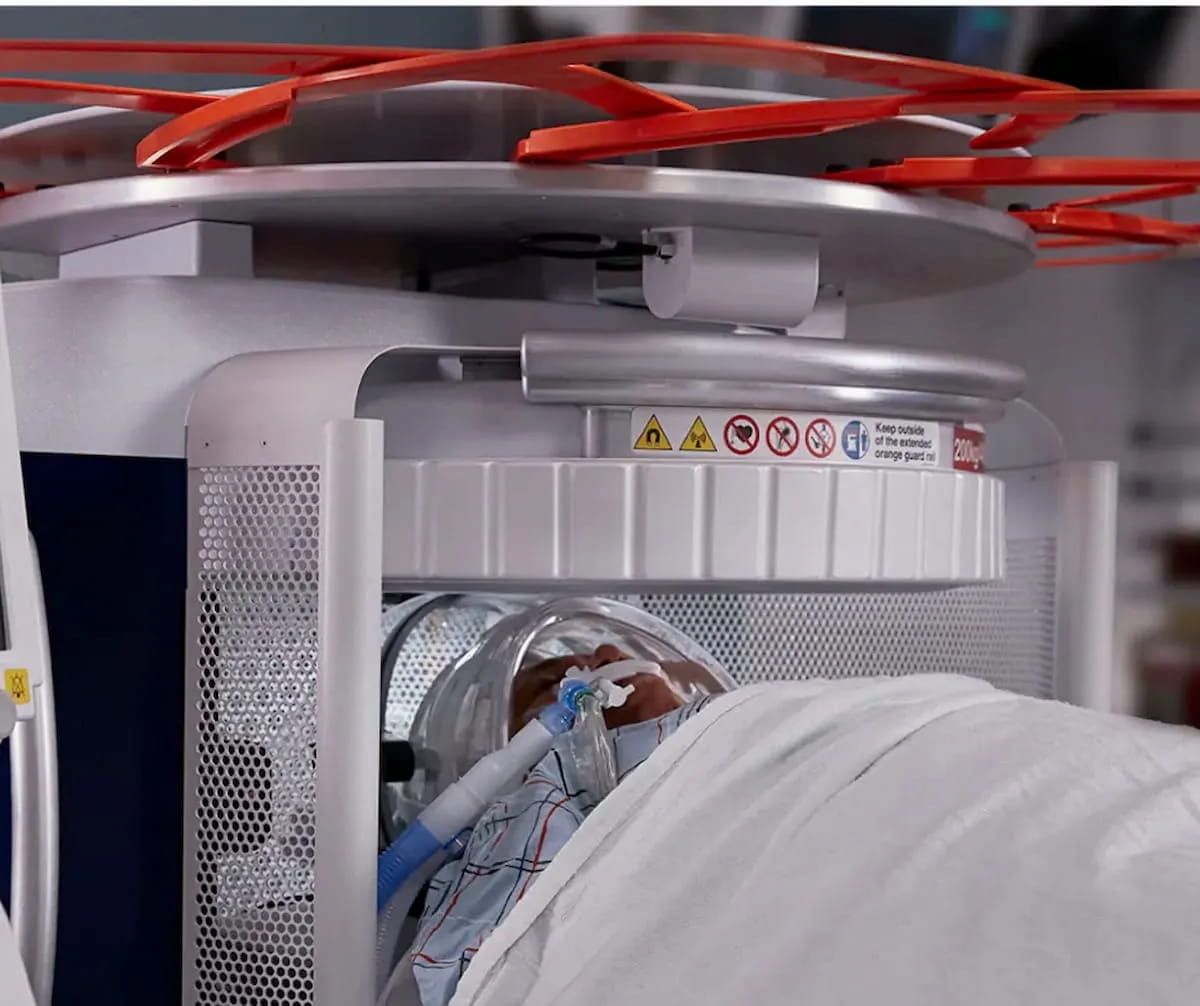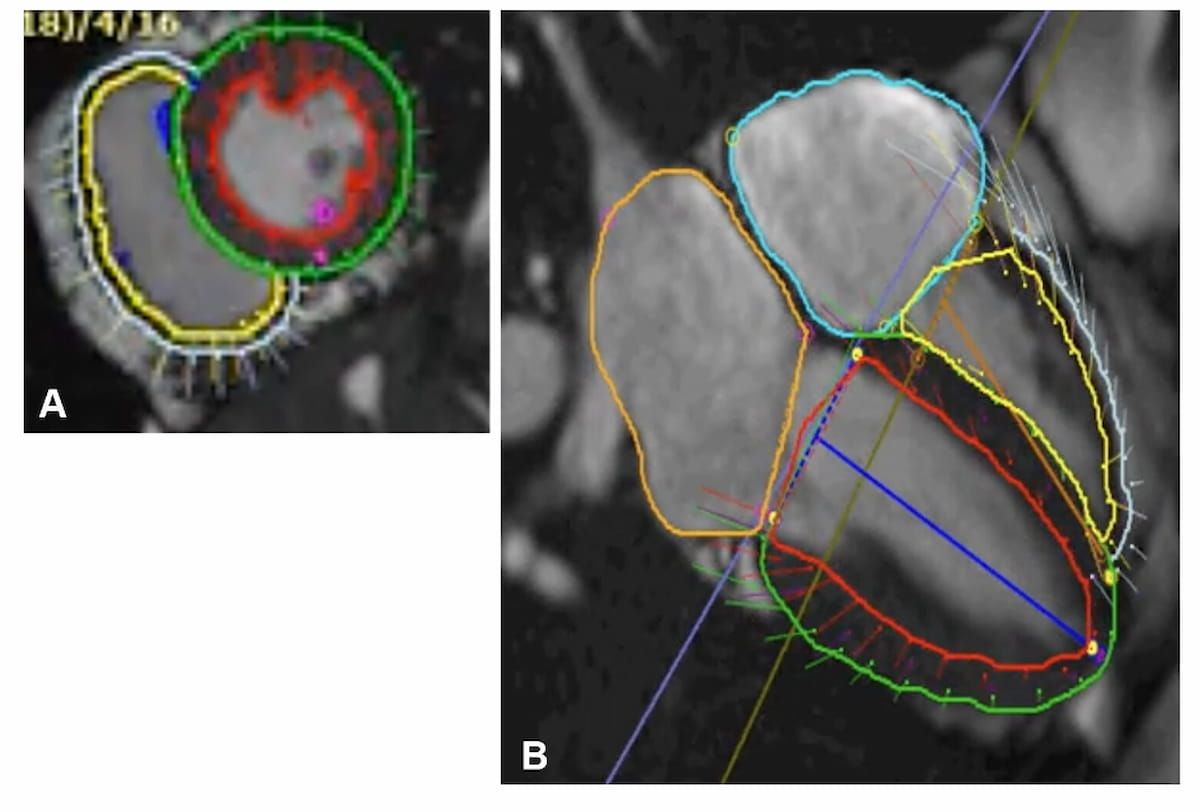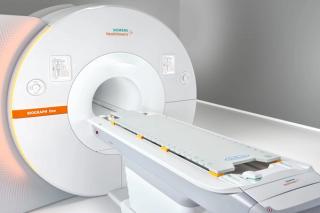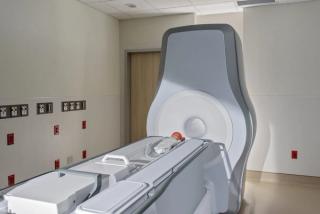
Cardiac MRI
Latest News
Latest Videos

Shorts

Podcasts
CME Content
More News
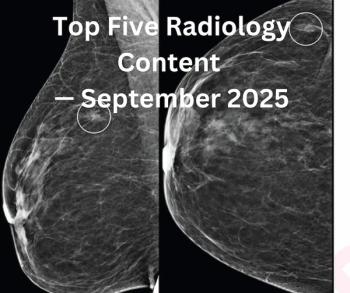
Catch up on the most-well viewed radiology content in September 2025.
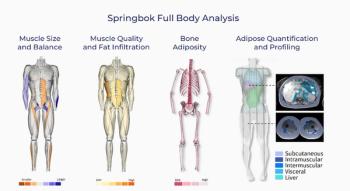
Expanded capabilities with the body composition analysis software include automated segmentation of over 140 muscles, skeletal and organ structures from a 15–20-minute MRI.

Offering prospective SNR calculation derived from prescribed slices, the SNR Calculator reportedly facilitates a higher degree of accuracy with quantitative SNR values beyond that of calculators from device manufacturers.

The AI-powered Tempus Pixel software update provides T1 and T2 inline maps to augment cardiac MRI assessment.

Circumferential aneurysm wall enhancement on MRI was associated with a 3.8-fold higher risk of intracranial aneurysm instability within a four-year period, according to a study involving over 1,350 patients.
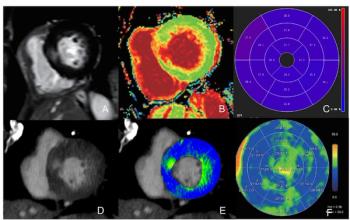
For myocardial extracellular volume quantification, single-phase and dual-phase photon-counting CT provided over 20 percent higher correlation with cardiac MRI in contrast to dual-phase energy-integrating detector CT, according to new research findings.
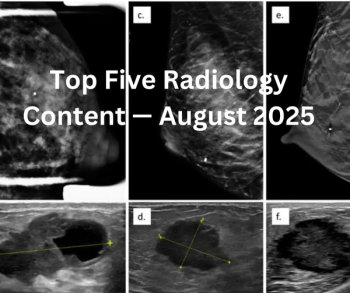
Catch up on the most-well viewed radiology content in August 2025.
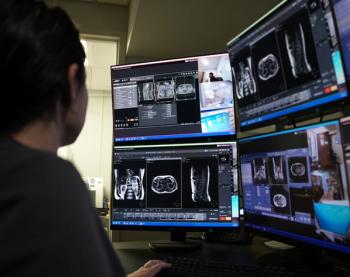
In addition to facilitating centralized scanning for a variety of imaging, the TechLive system may help ease the strain of technologist shortages and broaden access to advanced imaging exams.
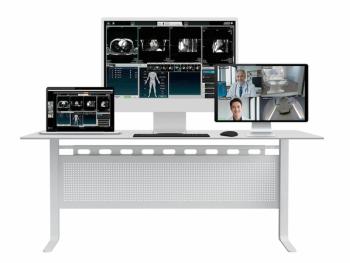
The multimodality remote scanning modality uOmniscan and the recently FDA-cleared 3T uMR Ultra MRI system were unveiled at the Association for Medical Imaging Management (AHRA) conference in Las Vegas.

Catch up on the top AI-related news and research in radiology over the past month.

Catch up on the top radiology content of the past week.
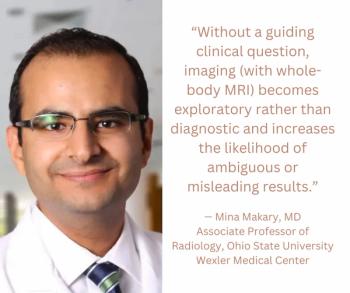
Beyond the hype, whole-body MRI offers limited clinical benefit in the general population with extraneous use potentially triggering a cycle of overdiagnosis, unnecessary treatment and financial strain.
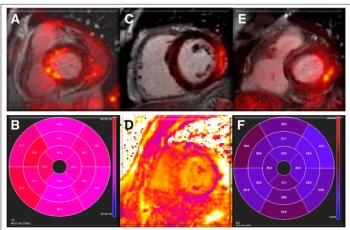
Study Reveals Significant Prevalence of Abnormal PET/MRI and Dual-Energy CT Findings with Long Covid
In a prospective study involving nearly 100 patients with Long Covid, 57 percent of patients had PET/MRI abnormalities and 90 percent of the cohort had abnormalities on dual-energy CT scans.
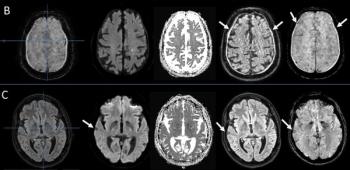
Noting a 7.4 percent incidence of motion artifacts on brain MRI scans for suspected stroke patients, the authors of a new study found that motion artifacts can reduce radiologist and AI accuracy for detecting hemorrhagic lesions.
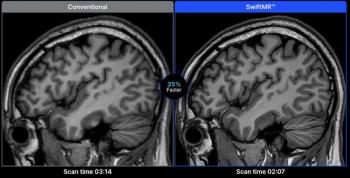
The updated capabilities of SwiftMR include personalized scan settings within the software, artifact reduction and cloud integration.

Catch up on the top radiology content of the past week.
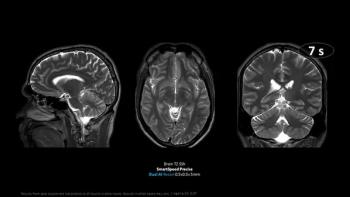
The deep learning reconstruction software reportedly facilitates accelerated MRI scanning and significantly enhanced image sharpness.
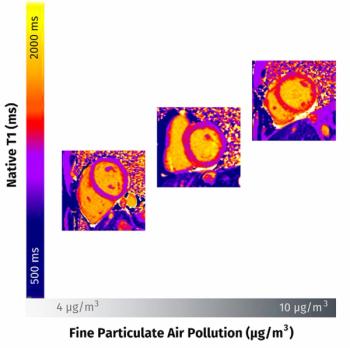
For people with dilated cardiomyopathy and those with initially normal cardiac MRI, each 1 ug/m3 increase in one-year exposure to ambient fine particulate matter with 2.5-um > aerodynamic diameter was associated with significantly more diffuse myocardial fibrosis, according to a recent study.
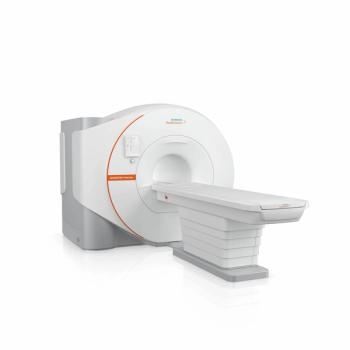
Offering a cost- and resource-saving DryCool magnet technology, the Magnetom Flow.Ace MRI system reportedly requires 0.7 liters of liquid helium for cooling over the lifetime of the device in contrast to over 1,000 liters commonly utilized with conventional MRI platforms.
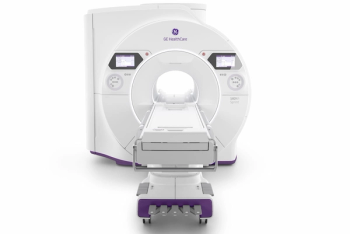
The combination of high-performance gradient technology and AI tools with the Signa Sprint MRI reportedly facilitate enhanced MRI workflow efficiencies in cardiac and oncology imaging.

Catch up on the top radiology content of the past week.
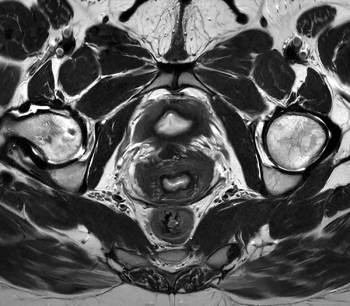
The updated software reportedly enables a threefold improvement in MRI scan time and enhanced image sharpness.
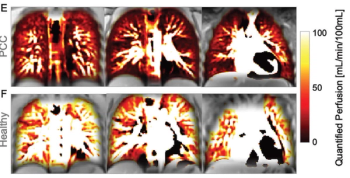
Adolescents with post-COVID-19 conditions had 37 percent lower quantified lung perfusion than healthy control participants on phase-resolved functional lung MRI, according to findings from a recent prospective study.

Catch up on the top AI-related news and research in radiology over the past month.
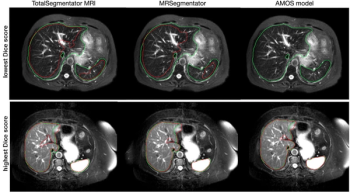
The open-source, deep learning MRI segmentation tool reportedly offers over a 10 percent higher Dice score than similar segmentation models for 40 anatomical structures.



